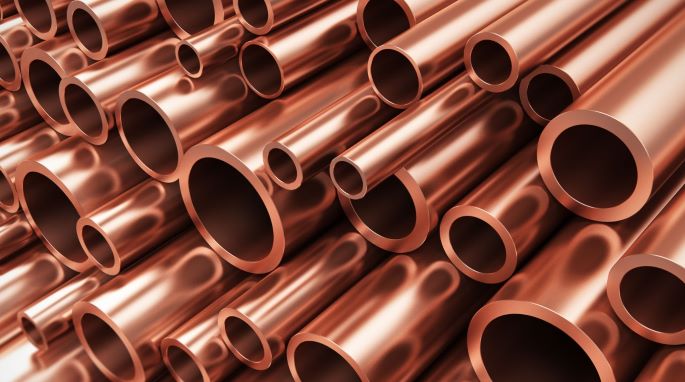When we look back to the last decade, when the UK was still inside EU’s economy, it is easy to understand the importance of non-ferrous metals. There
When we look back to the last decade, when the UK was still inside EU’s economy, it is easy to understand the importance of non-ferrous metals. There can be no doubt that the future of the EU, the UK and many other countries depend in part of these metals, and one of the reasons why, is that they are eco-friendly. Here is a closer look at how and why non-ferrous metals affect us all, in a positive way.
Non-ferrous Metals: Environmentally Friendly
There are two main reasons why non-ferrous metals are part of sustainability. The first is that it can be recycled, and the second is that it is an important part of building energy efficient houses.
When you use non-ferrous alloys such as zamak, you help the environment. Why? Zamac is a mix of Zinc, aluminum, magnesium and copper. Together, they form an alloy that is highly durable. That is because of its resistance to corrosion. When used to build houses, it helps them last through time, without having to make any changes, through renovation and rebuilding, in the future. That automatically saves new energy consumption that would be needed, if new work had to be done. However, if for any reason the building would have to be brought down, zamac could be fully recycled. In fact, you can recycle non-ferrous metals as many times as you would like to.
You can also use braze alloys when you build a house and want to make sure that it is 100% energy efficient. This high temperature glue will come in to complement other non-ferrous metals and alloys, thanks to their unique thermal, electrical and isolating characteristics. This renders them indispensable in the fight against energy waste, that most countries have taken on, over the last few years. Sustainability has definitely found an ally in non-ferrous metals and alloys. To understand better how they can help in the construction of a new house, it is suggested to call upon non-ferrous metals suppliers, who will be able to provide more information on the advantages and benefits of using them, in your next construction project.
Non-ferrous Metals: An Important Part of Our Economy
As mentioned in the introduction, to understand the importance of non-ferrous metals in UK’s economy, we need to look at EU’s statistics in the last decade, since the country was part of it, then. And when we do so, we discover that the sector accounted for 1.25 % of EU manufacturing, with a net worth of €19.91 billion. We also note that the EU has been of the biggest consumers of non-ferrous metals for a while now, especially when it comes to aluminum. Since it keeps losing its share of the market to the rest of world, it creates a dependency on imported materials for raw materials. Yet, considering that the industry employs 300,000 people, it is still something to take in account, in terms of importance inside the EU’s economy.
Non-ferrous metals will remain an important part of the construction industry for a long time. Thankfully so, since it is a sustainable product.




COMMENTS